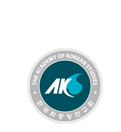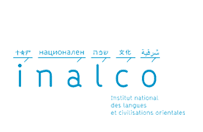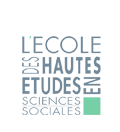Séminaire pluridisciplinaire d’études coréennes
Centre Corée de l’EHESS et UMR 8173 Chine, Corée, Japon
Sauf précision, les séances se tiennent habituellement de 14h à 16h dans les salons du 1er étage de la Maison de l’Asie, 22 avenue du Président Wilson, 75116 Paris (M° Iéna ou Trocadéro).
17 avril 2015
10h : Protestant Megachurches and Contentious Religious Politics in Seoul
14h : Queer Activism and Postsecular Geopolitics in South Korea
Résumé
Queer activism in Korea has in recent decades become more visible and public in their articulation of non-normative gender and sexual identity and assertion of dissident political subjectivity. There are also intensified and more institutionalized forms of religious homophobia today in the political sphere, as can be seen in the rise of the largely Christian-led opposition against queer rights and anti-discrimination policies. Drawing from ongoing research on the transnational infrastructure of Korean/American Christianity and the contentious cultural politics of racial and sexual difference, I will focus on the December 2014 controversy over the ill-fated Seoul Charter of Human Rights that resulted in queer activists and allies occupying the Seoul City Hall for six days in protest. Rather than interpret the political spectacle simply as a contestation between (secular) queer dissidents and (religious) homophobia, I suggest a postsecular geopolitical frame to highlight the contested place of religion in politics and the significance of Christian-identified queer activists and religious allies. Particularly instructive is the figure of “chongbukgei”—literally a homosexual subservient to North Korea—a new epithet used by homophobic activists in South Korea to conjure Cold War-era anticommunism in conflating sexual perversion with political subversion.
Source : Centre de recherches sur la Corée






